Interrail in Bulgaria: the ultimate country guide 🇧🇬
- Black Sea beaches
- Impressive cities
- Ancient history
- Delicious traditional food
- Impressive natural landscapes
Black Sea beaches
Impressive cities
Ancient history
Delicious traditional food
Impressive natural landscapes
Table of contents 🇧🇬
Bulgaria overview
- Population: 7 million
- Capital: Sofia
- Language: Bulgarian
- Currency: Bulgarian Lev
- Dialling code: +359
Located in Southeast Europe, Bulgaria is bordered by Romania to the north, Serbia and North Macedonia to the west, Greece and Turkey to the south, and the Black Sea to the east. Due to the Greek, Slavic, Ottoman, and Persian influences, Bulgaria prides itself with a rich cultural and historic heritage.
Long, sandy beaches, turquoise water and fine weather, but also gorgeous seaside resorts such as Primorsko, attract holidaymakers into Bulgaria’s Black Sea resorts during the summer. Even the two big coastal cities, Varna and Burgas, have attractive beaches. Bulgaria’s religious art is admired around the world – vast Orthodox churches, iconostases and miniature icon paintings, as well as Sofia’s Aleksander Nevski Church and 10th-century Rila Monastery rising from a valley in the misty Rila Mountain draw admirers and pilgrims.
Another gem of Bulgaria’s is its unspoiled and untamed natural beauty. Seven mountain ranges, snowy peaks and glacial lakes attract hikers, trekkers as well as nature lovers in general. Pirin National Park is the Balkans’ best skiing and snowboarding destination, while Bansko is Bulgaria’s premium winter sports town.
When it comes to history, Bulgaria has so much to discover. Neolithic settlements, Thracian remains, fortresses, Romans cities, the bathhouses, walls and amphitheatres. Another great thing is Bulgaria’s winemaking tradition which dates back to the ancient Thracian times. In a sentence, Bulgaria is a tiny, a slightly under-rated, country where you can find it all – the mountains, the rivers, the lakes and the beaches. And, it will be easy on your wallet!
The top 4 cities to visit in Bulgaria
Sofia
Over a century ago, Prince Ferdinand of Bulgaria wanted to make Sofia a fashionable capital to the likes of Prague or Budapest. Some parts of his vision can still be seen, and Sofia is becoming one of the most fascinating capitals in the Eastern Europe, as well as one of top cities for tech start-ups.
In the popular Shishman Street, you can enjoy local art and fashion, food delicacie. Walking down Shishman Street will take you to larger landmarks, such as Patriarch Evtimiy Boulevard, Church of Sveti Sedmochislenitsi (Seven Saints Church) and St. Sofia Church that gave the city its name.
Sofia is also one of the greenest European capitals, so stop and relax in the Borisova Garden in the city centre.
From Sofia, you can take a day tour to the Rila Monastery situated in the Rila Mountains. This Eastern Orthodox Monastery was built in the 10th century and its artwork in and around the main church is mind-blowing.
Try Tarator, the Bulgarian cold salad consisting of cucumbers, yogurt, dill and spices, or Shopska Salad, named the national dish because the salad colours are the same as the Bulgarian Flag, is the combination of fresh tomatoes, onions, cucumber and cheese.
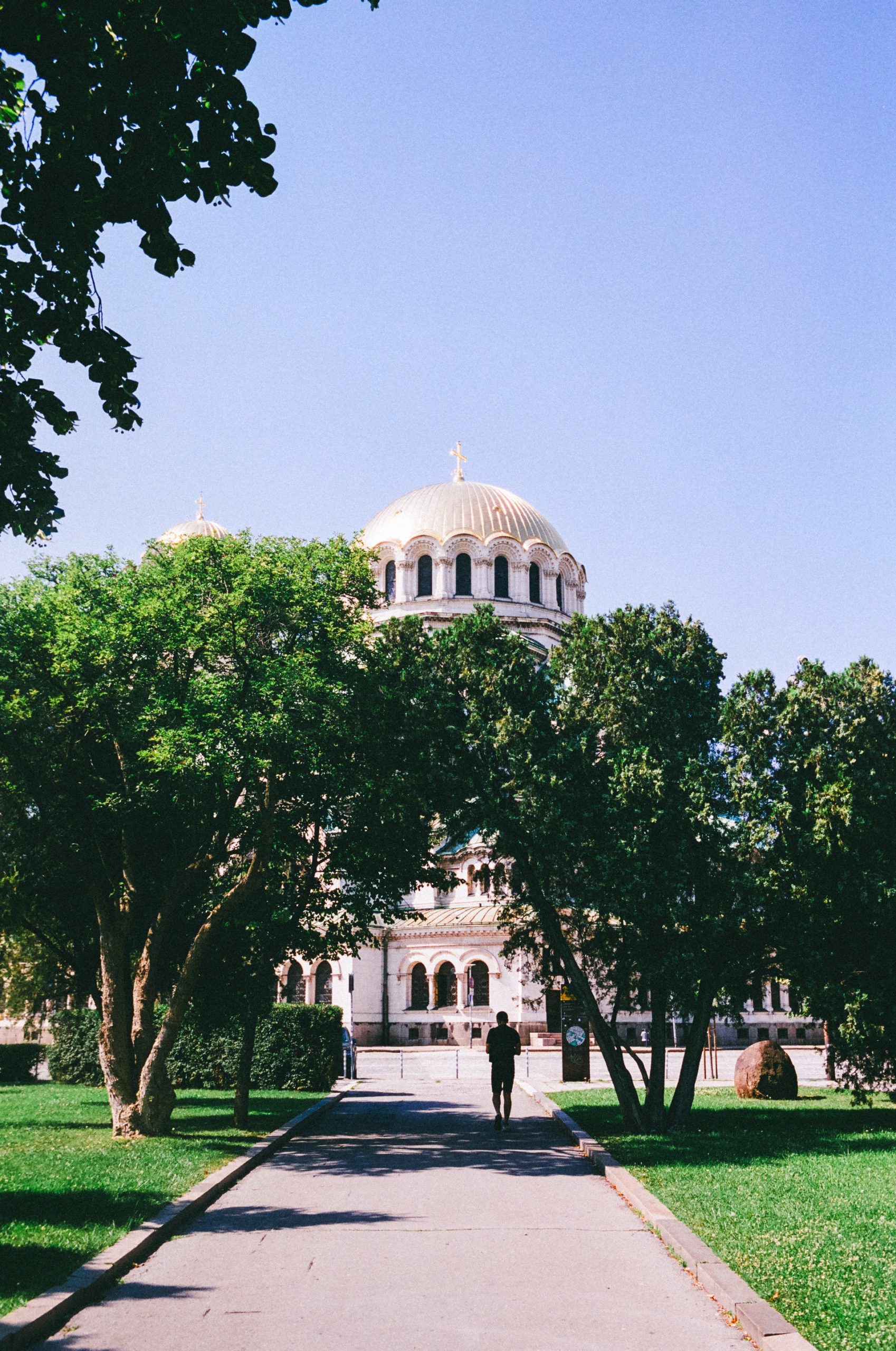
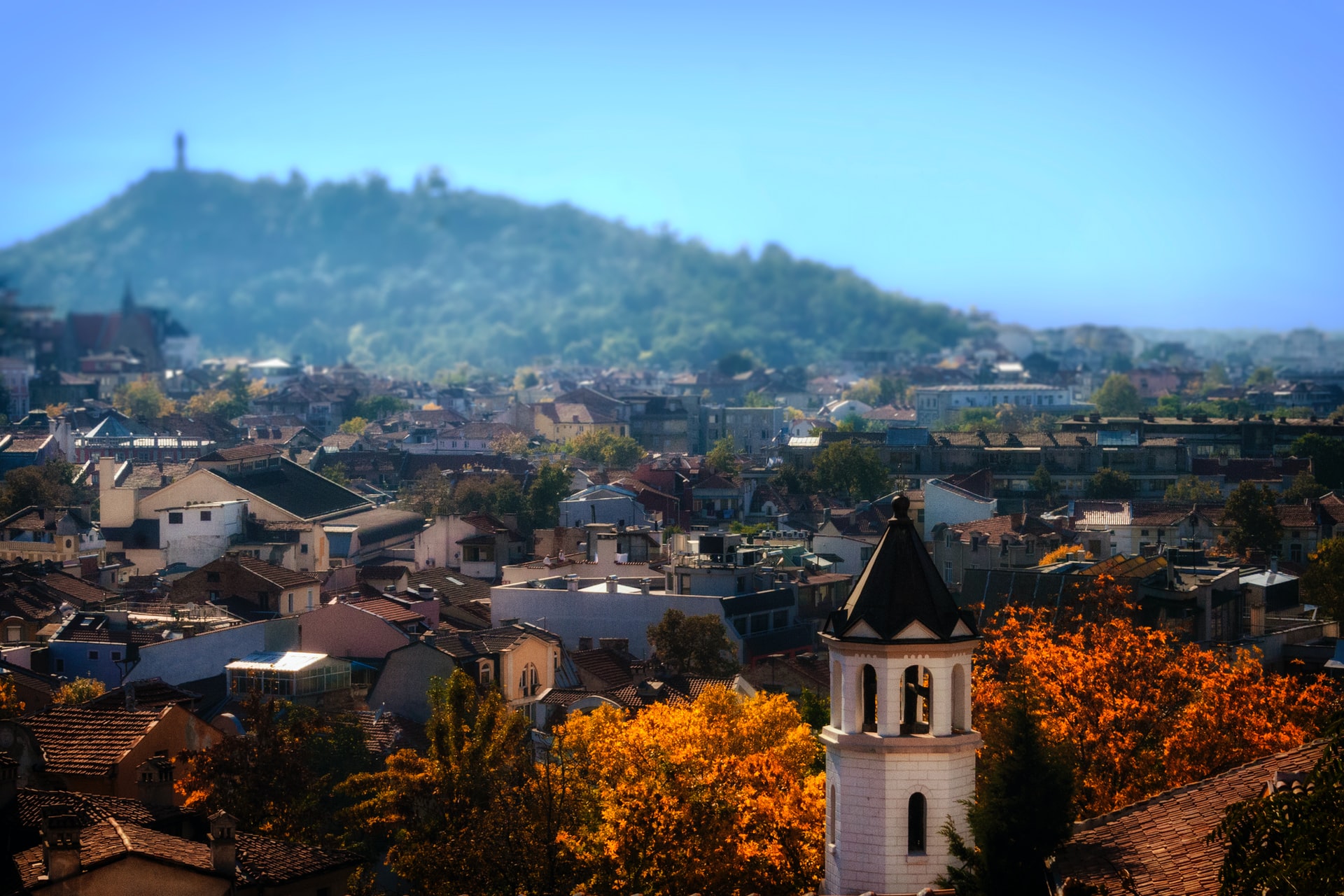
Plovdiv
This charming town is an unlikely blend of modern architecture, ancient ruins lying nonchalantly in the city and a youthful vibe with exhilarating nightlife. Plovdiv was once a thriving ancient Roman city, while nowadays it is a unique blend of old and new.
Investments Plovdiv received as European Capital of Culture 2019 have left the city more beautiful than ever, and the city’s cultural programme is full of opera, jazz, open-air art and more.
In Plovdiv, you can enjoy a unique experience of a pleasant shopping streets, which flow past its 2nd-century Roman stadium and a 15th-century mosque. Just a block or two east of the main street, there is Kapana or the “Trap”. Kapana is a maze of small streets and home to various craftsmen and is fast becoming a very trendy area in Plovdiv. There is a lot of street art too. To get a great view of the city, climb up to Nebet Tepe Park, an ancient ruin dating back to 4000 BC.
Varna
During the summertime, Varna’s unspoiled Black Sea beaches attract a large number of visitors. Besides swimming and sunbathing, you can enjoy a diverse offer of clubs, bars, and cafes along the shoreline. As the cuisine of Bulgaria is a blend of Mediterranean, Balkan, and Asian specialities, make sure to try some. And don’t forget rakia!
If you want a retreat from the bustling places, try the Sea Garden – a magnificent garden that will relax your mind and soul. Moreover, there are also a number of historic places in Varna. From monasteries and mosques to the cathedral, there are many well-preserved landmarks telling the story of the Bulgarian heritage.
Just beyond Varna, there is an astonishing complex of Orthodox cave retreat with a monastery and catacombs. Varna’s second-century AD Roman Baths are remarkably well-preserved, and they’re the largest in Bulgaria as well as the fourth largest in Europe. Also, make sure not to miss the Store Forest – Bulgarian desert with a range of stone columns, around seven meters high, encompassing space of around 13 square kilometers.
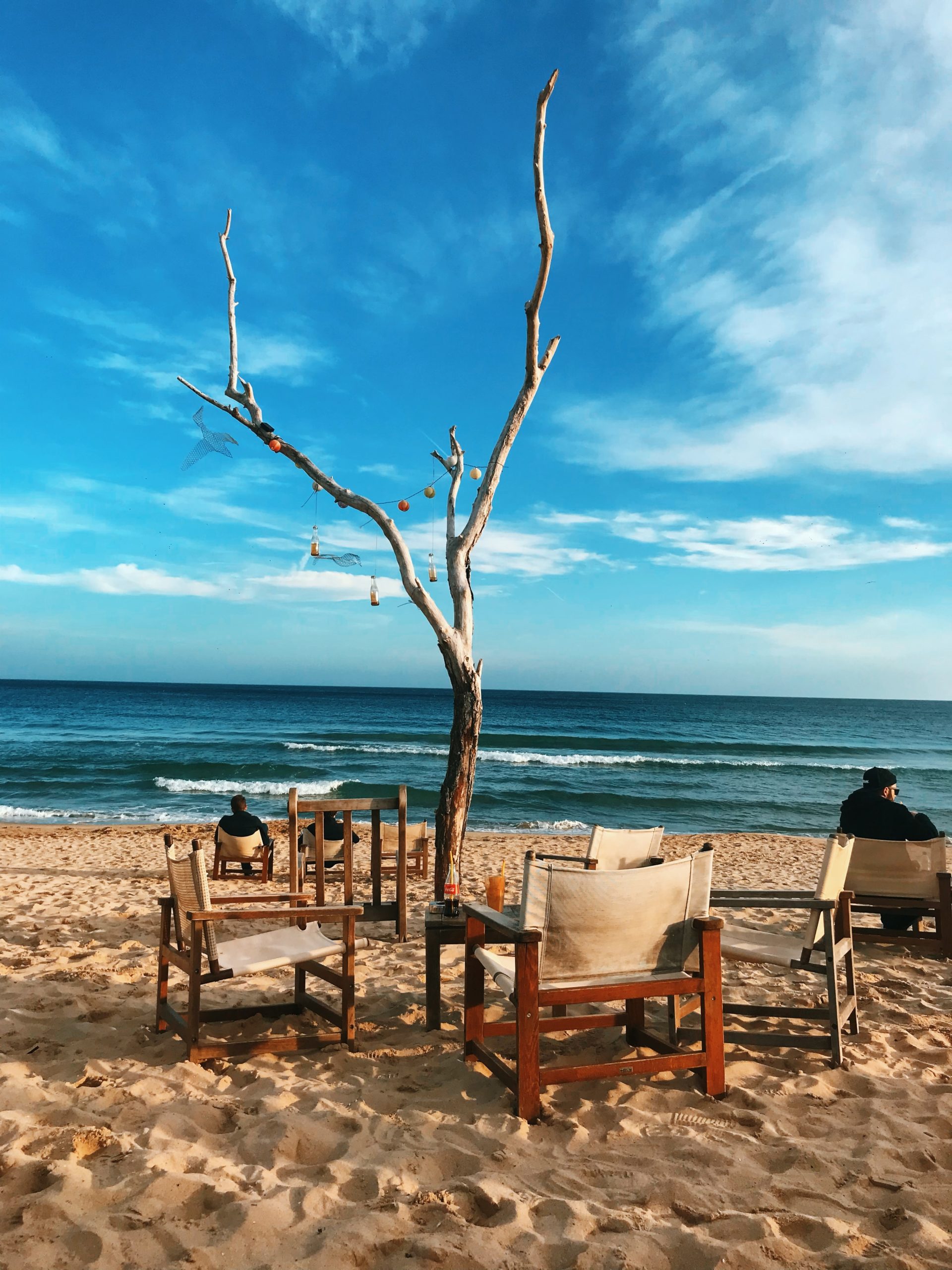
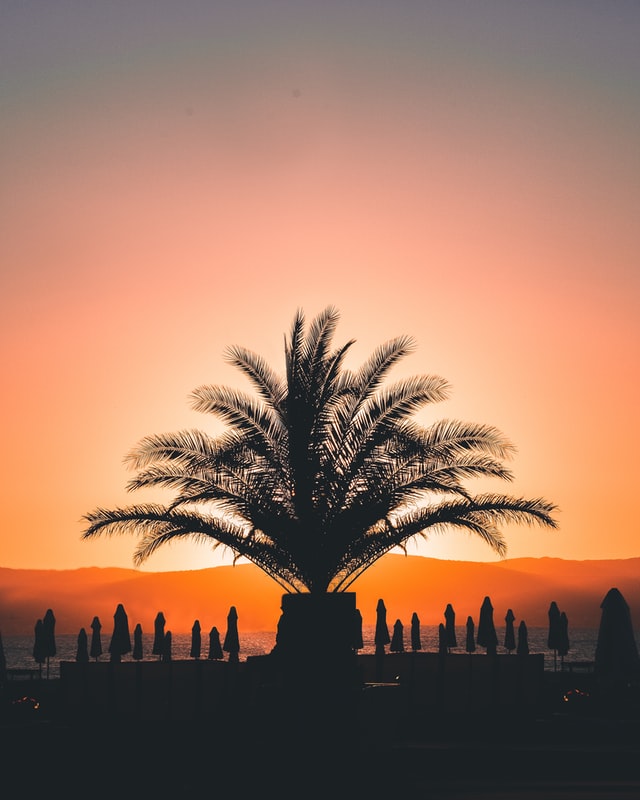
Burgas
Located at the westernmost point along Black Sea Coast is the beautiful and charming port city of Burgas. Ever since the Bronze Age, Burgas has been the country’s most vital centre for culture, tourism, industry, and transportation.
Burgas’ Sunny Beach is one of Europe’s best party destinations with clubs and bars, as well as a beloved tourist spot during the hot summer months due to its golden sandy beaches.
While in Burgas, make sure to visit St. Anastasia Island – a volcanic rock island, surrounded by mystery and hundreds of legends and stories about it. As far as cuisine is concerned, Burgas has some of the best restaurants in this part of the country. People say that Black Sea mussels are so divine that they’re singlehandedly worth a trip to Burgas (top tip: head to Goldfish / Zlatna Ribka, which is a very cozy eatery with a chic hipster-sailor vibe). Meat lovers should definitely try the traditional pork sach, an outstanding dish that contains pieces of juicy pork, eggplant, carrot, mushroom, onions, lemon, tomatoes, and green peppers.
People who visit Bulgaria also visit...
Turkey 🇹🇷
Romania 🇷🇴
Greece 🇬🇷
N. Macedonia 
Which Interrail pass do I need to travel around Bulgaria?
Interrail Global Pass
Interrail Bulgaria Pass
Do I need to make train seat reservations in Bulgaria?
Expresen Vlak
Faster trains (routes: Sofia to Plovdiv, Sofia to Varna, Sofia to Burgas).
Reservations are required (approximately €0.25, or BGN 0.50 in local currency).
Barz Vlak
Local ‘rapid’ trains.
No reservation needed.
Patnicheski
Slower local trains.
No reservation needed.
The train network in Bulgaria is operated by the Bulgarian State Railways (BDZ). You can look up train times on the BDZ website.
Where to stay in Bulgaria
Smart Hostel Sofia
Hostel Old Plovdiv
Nomando Hostel - Varna
A16 Hostel - Burgas
Events in Bulgaria
Sofia International Film Festival
Kapana Fest - Plovdiv
Varna Summer International Music Festival
Burgas Sand Festival
Kazanlâk
Read more about Bulgaria on our blog
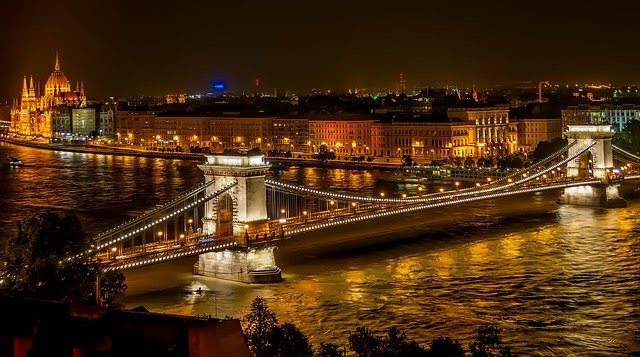
A guide to Interrailing around Hungary, Romania and Bulgaria
Looking for an extraordinary interrailing trip? Then how about travelling around Hungary, Romania and Bulgaria! Three incredible eastern European countries, they are full of fascinating

An Interrail Adventure – Blog 2: Sofia
When I spoke to you last, I was barrelling through the Bulgarian countryside, in a two-carriage train with some Estonian travellers – Interrailing doesn’t get
Which countries can you Interrail in? Map of participating Interrail countries and national rail companies
Are you trying to plan your Interrail trip but don’t know which countries are included on your Interrail Global Pass? Well, luckily our Interrail planning